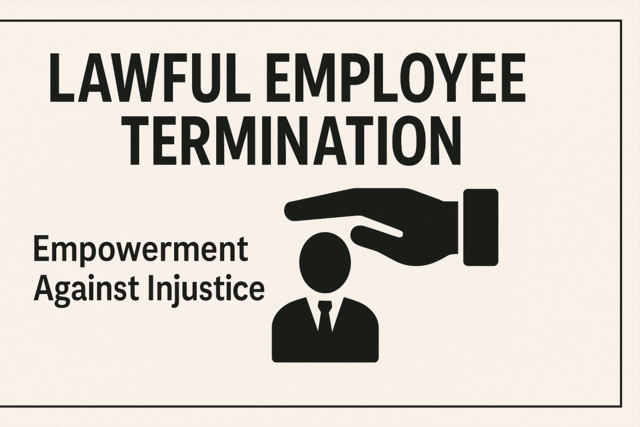Financial Analysis 101: Planning and Control
Master Tomorrow's Finances: Plan, Analyze, Succeed

7 Hours average completion time
0.7 CEUs
12 Lessons
13 Exams & Assignments
12 Videos
23 Reference Files
99 Articles
Mobile Friendly
Last Updated January 2026
Mastering the Symphony of Financial Strategy: An All-Encompassing Guide to Financial Analysis & Planning
Financial analysis is not just about crunching numbers -- it's an intricate dance of understanding, planning, forecasting, and decision-making. At its core, it's a harmonious blend of economics, accounting, and human insight. Each element plays a crucial role: Economics sets the stage, accounting orchestrates the rhythm, and the financial manager, akin to a conductor, ensures each part contributes to the grand performance.
Welcome to our comprehensive course -- a deep dive into the world of financial strategy and analysis, curated for both budding analysts and seasoned professionals.
Why This Course Stands Out:
-
Holistic Approach: Beyond just theoretical knowledge, we integrate real-world applications and case studies, ensuring you gain practical insights.
-
Interdisciplinary Blend: Understand how economics provides the foundational knowledge, accounting offers precise financial insights, and how the role of a financial manager binds these elements to navigate a firm's journey successfully.
-
Strategic Depth: Grasp the nuances of strategic financial planning. It's not just about managing resources but strategically channeling them to align with corporate objectives.
Course Breakdown:
-
Economics & Decision Framework: Delve into how economic structures influence and guide financial decision-making processes.
-
Accounting Insights: Unravel the intricacies of cash flow data, ensuring robust financial health.
-
Financial Management Masterclass: From resource allocation to interpretative analytics, master the skills of a top-tier financial manager.
-
Strategic Planning Vs. Financial Planning: While both are pivotal, understanding the distinction helps in shaping an organization's direction and ensuring its financial viability.
-
Qualitative & Quantitative Mastery: From understanding economic activities to leveraging accounting formulas -- gain proficiency in both spheres of financial data.
-
Forecasting Excellence: Equip yourself with proven methodologies to visualize and achieve short-term and long-term objectives.
-
Diverse Industry Insights: Get a panoramic view with case studies spanning various sectors, offering a rich tapestry of financial strategies and outcomes.
Module Highlights:
-
Corporate Planning Foundations: Set the stage with a thorough grasp of core planning principles.
-
Deciphering Financial Statements: Learn to read, interpret, and analyze these critical documents like a seasoned pro.
-
Advanced Ratio Analysis: Dive deep into metrics that can make or break financial decisions.
-
Cost, Capital, and Cash: Master these three Cs of finance to ensure liquidity and profitability.
-
Operational Dynamics: Understand budgeting essentials to drive operational efficiency.
-
Risk & Financial Decisions: Equip yourself with tools and tactics to mitigate financial risks, ensuring sustainable growth.
In essence, our course is not just a learning pathway but a transformative journey. It's tailored to empower you with a 360-degree understanding of financial strategy, ensuring you're equipped to navigate any financial challenge and seize opportunities. Enroll today, and let's chart your path to financial mastery!
- Strategic decision-making skills
- Cash flow optimization insights
- Risk management proficiency
- Asset management strategies
- Leverage and ROI evaluation
- Understanding financial planning fundamentals
- Working capital management
- Mastery of capital budgeting techniques
- Cost analysis and control skills
- Operational budgeting expertise
- Financial statement analysis
-

Lawful Employee Termination
-

ABCs of Technical Writing
-

Kaizen 101 - An Introduction
-

Business Law for Entrepreneurs
-

Introduction to Ethics
-

Running Effective Meetings
-

Talent Management for Business
-

Virtual Assistant 101
-

Innovative Thinking Skills
-

Business Budgeting 101: How to Plan, Save, and Manage
-

Personal Assistant 101
-

Business Etiquette
-

Business Coaching
-

Ultimate Excel Training Bundle
-

Business Ethics
-

Job Performance Appraisals - A How To Guide
-

Home Business
-

Ultimate Secretary Training Bundle
-

Google Slides
-

Management Essentials
-

Introduction to Logic
-

Marketing 101
-

Business Management
-

Decision Making Skills
-

Gender Sensitivity Training